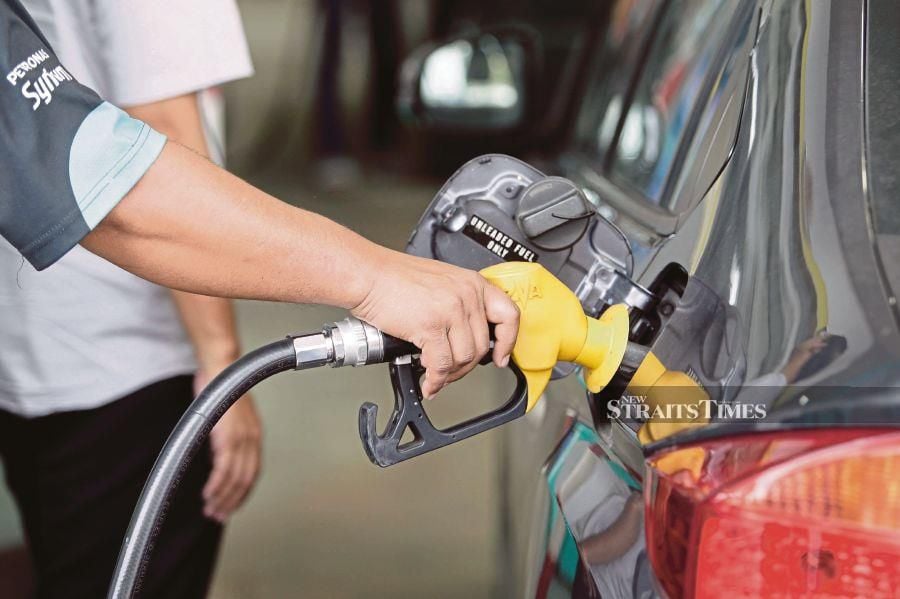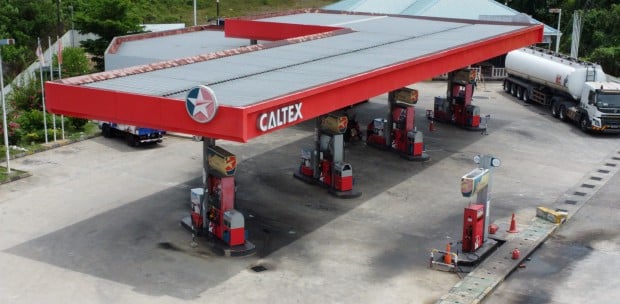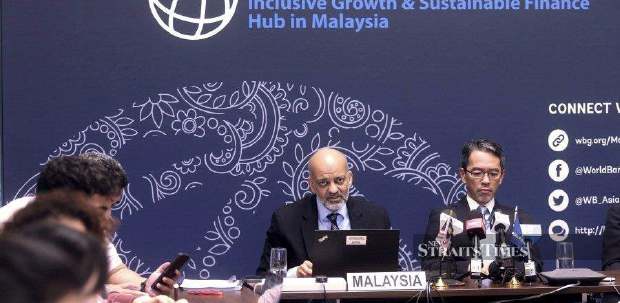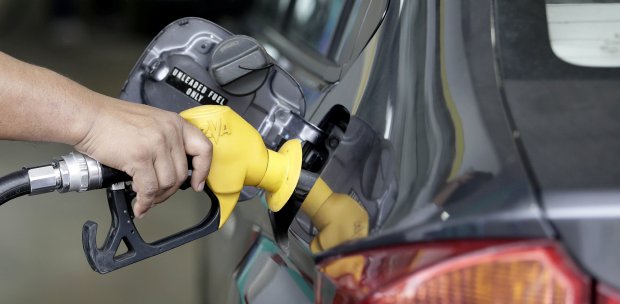RANTAU PANJANG: Diesel pumps at several petrol stations around the border area here have been found to be deserted.
In contrast, petrol pumps are crowded, causing customers to wait in line to refuel.
Based on an early morning survey conducted from 7 to 9am today, repeat purchases for RON95 refuelling were observed, despite the government's recent announcement prohibiting such activities at all petrol stations in Kelantan to prevent the subsidised petrol from being smuggled into neighbouring countries.
Moreover, dozens of cars, mostly Proton Wajas with Malaysian registration numbers, were seen filling up at several petrol stations before some of these vehicles were observed entering Thailand.
Additionally, some of these vehicles were seen leaving for other locations after refuelling with RON95 petrol, only to return to the same station for another purchase.
Besides Proton Wajas, four-wheel drive vehicles, including Pajeros and Hiluxes, were also observed refuelling with RON95 petrol.
Kelantan Domestic Trade and Cost of Living Ministry director Azman Ismail, when contacted, reported a decrease in diesel sales at the border, while petrol sales have increased.
However, he clarified that his office does not yet have precise data, as the implementation of diesel subsidy targeting has just begun. The exact figures for the reduction in diesel sales and the increase in petrol sales are expected to be available by the end of this month.
"Throughout this month until yesterday, there have been no arrests or seizures involving diesel. Instead, only petrol-related cases have been recorded, with 27 cases involving the seizure of 4,005 litres of petrol worth more than RM8,200.
"Most petrol smugglers are detected using regular vehicles, mainly sedans like the Proton Waja, due to its large tank," he said.
At the same time, Azman acknowledged that repeated petrol refuelling at the border still occurs, but proving such activities is challenging due to manpower constraints.
"To prove such activities, we would need to be at the station 24 hours a day, which is difficult given our staffing constraints.
"However, if our plan to install closed-circuit television (CCTV) cameras at petrol stations around the border area is implemented, monitoring will become easier," he said.
Yesterday, it was reported that diesel sales at the border had shown a 40 percent decrease since the government announced the floating of the diesel subsidy price, confirming that diesel smuggling activities into neighbouring countries had existed previously.
Second Finance Minister Datuk Seri Amir Hamzah Azizan was quoted as saying that since the subsidy rationalisation took effect on June 10, retail diesel sales at petrol stations dropped by nearly eight million litres a day, or 30 percent, within just a week.





